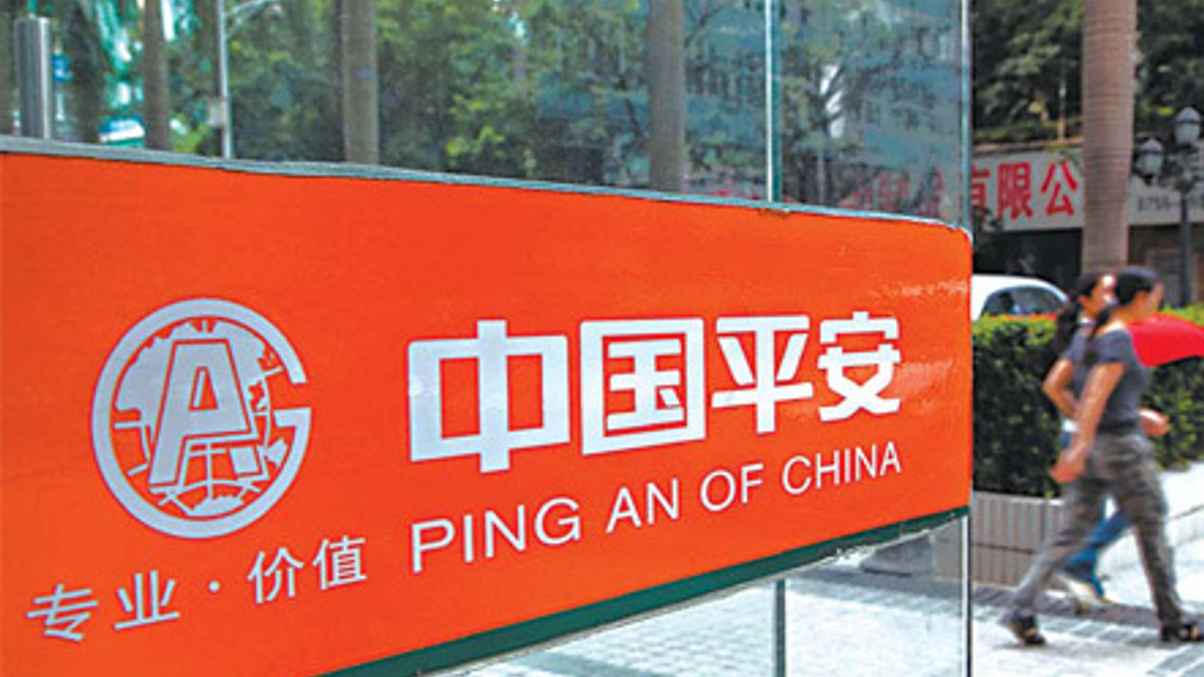Ping An takes the wheel for China’s ESG drive
External managers are obliged to comply with greenhouse gas emission rules, forming part of the Ping An's efforts to lift ESG standards in China.

Ping An Group, parent company of China’s second-largest life insurer by investable assets, is playing a bigger role in driving environmental, social and governance (ESG) investing, which is gradually gaining momentum in the country.
Sign in to read on!
Registered users get 2 free articles in 30 days.
Subscribers have full unlimited access to AsianInvestor
Not signed up? New users get 2 free articles per month, plus a 7-day unlimited free trial.
¬ Haymarket Media Limited. All rights reserved.


